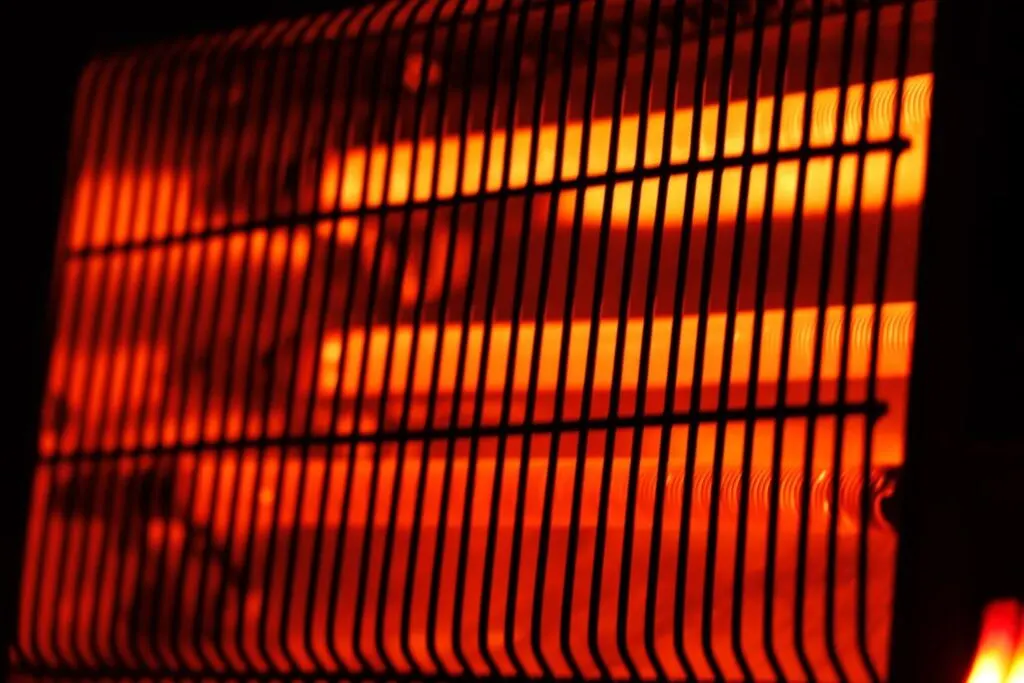If you’re a new homeowner, congratulations! This is an exciting time in your life.
But before you settle into your new home, it’s important to take some time to familiarize yourself with the electrical safety hazards that can exist in any home.
By following these five simple tips, you can help keep yourself and your loved ones safe from potential electrical fires and injuries.

Electrical Safety Hazards
First, let’s take a look at the common electrical safety hazards in a home:
- Electrical shocks from appliances, cords and wiring
- Burns from contact with exposed or hot electrical appliances
- Fires caused by overloaded or faulty electrical circuits and wiring
- Frayed or worn electric cords
- Unsupervised use of electrical appliances by children
- Using electrical appliances near water
- Using space heaters, electric air humidifiers, and other electrical appliances without proper ventilation or caution
Here are five electrical safety tips to keep your family safe, shared by electrical inspection Columbus OH experts.
1. Get Your Electrical System Inspected by a Professional
It is important to have your electrical system inspected by a professional before moving in.
They will be able to identify any potential problems and fix them before they become an issue.
Electrical systems in homes are often overlooked, but they are just as important as the other systems in a home.
You could have an electricity surge problem in your home that you are unaware of or a house-wide wiring problem. Watch out for these signs of a major electrical problem.
By having a professional inspect your electrical system, you can ensure that it is safe and up to code.
2. Install Smoke Detectors and Carbon Monoxide Detectors in Every Room
Fire is the last thing you may want to worry about when you’re moving into a new home, but it’s important to have smoke detectors and carbon monoxide detectors installed in every room.
These detectors can help save your life in the event of a fire or carbon monoxide poisoning.
Electrical appliances like AC units can malfunction, putting you at risk of carbon monoxide poisoning.
So, be sure to test these detectors regularly and replace the batteries at least once a year.
And don’t forget to tell your family and friends about the detectors in your home – you may just save their lives, too.
3. Don’t Overload Your Outlets With Too Many Plugs
One of the most common electrical mistakes is overloading outlets with too many plugs.
This can cause a fire, so be sure to only use as many plugs as your outlet can handle.
You may need to get an extension cord for some of your devices. Ensure you also use surge protectors to avoid electrical surges that can damage your electronics.
During the excitement of moving into your new home, it’s easy to find yourself plugging in multiple devices in multiple rooms.
But, taking a few minutes to plan where you’re going to plug things in can save you from potential electrical problems down the road. Consider these tips:
- Only use extension cords that are UL listed and never overload them
- Be sure to place them away from heat sources so they don’t start a fire
- Ensure all cords are in good condition and free of frays and tears
- Consider installing a whole-house surge protector
If you’re ever in doubt about whether or not an appliance is safe to use, unplug it immediately and call an electrician. Better safe than sorry.

4. Keep Flammable Materials Away From Heat Sources
To keep your new home safe from electrical fires, keep flammable materials away from heat sources.
This means keeping curtains, rugs, and other materials away from fireplaces, stoves, and other heating devices.
If you are using space heaters, make sure they are turned off when you leave the room.
For kitchen appliance safety, keep oven mitts, dish towels, and other flammable materials away from the stove.
For the living room and bedroom, keep lamps away from curtains and other combustible materials.
For other electrical devices, be sure to follow the manufacturer’s instructions for safe use.
5. Unplug Electronics When You’re Not Using Them
Finally, something we can all do to help the environment and save some money. Unplug electronics when you’re not using them.
This includes your TV, computer, printer, microwave, coffee maker, and other appliances. You’ll save energy and money on your electric bill by doing this.
Keep in mind these electrical safety tips when moving into your new home, and you’ll be safe and sound. If you need any electrical system upgrades, contact a licensed electrician.
They can help you make your home safe and compliant.